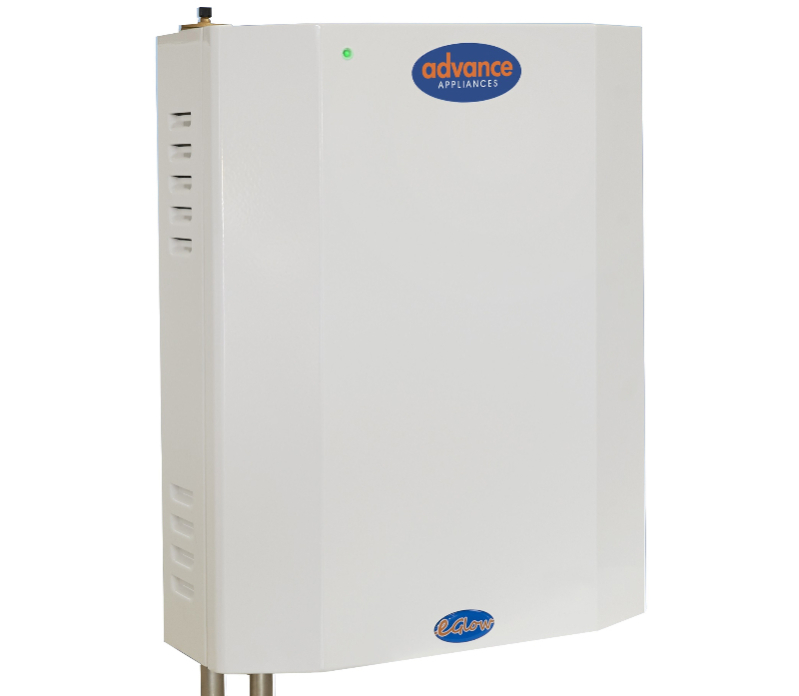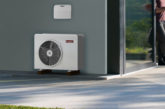
Richard Prince, Business Development Director at Advance Appliances explores how and where electric boilers can be used and provides some advice on installation.
Q. What kind of installations are electric boilers typically used for?
Electric boilers are suitable for a wide variety of installations, for instance Residential Properties such as flats and apartments where wet central heating or underfloor heating are required. Commercial and Industrial settings such as office blocks, schools, hospitals where gas and oil are not permitted and also environmentally sensitive areas such as ultra-low emission zones or in buildings with renewable energy.
Q. What outputs are available and what flow temperatures can be achieved?
Electric boilers are available in the UK for both single phase and three phase supply, for domestic properties you will see a typical range of 6 to 15kW however there are boilers out there with up to 36kW output, these units typically supply a flow temperature of up to 80°C with models available for specific outputs such as underfloor or low temperature heating systems. Commercial units are available with much larger outputs and the ability to cascade.
Q. What are the advantages of an electric boiler?
Electric boilers come with lots of advantages over fossil fuel alternatives, for instance there is no combustion so the use of a flue is not required eliminating the risk of potential carbon monoxide leaks.
They are easy to install they are generally less disruptive and quicker to fit than alternative boilers, this also means that they are require a lot less maintenance over their lifetime.
Some people are drawn to electric boilers as they are environmentally flexible, they can be connected to smart tariffs, time of use tariffs, batteries and also renewable inputs.
Finally, they are generally compact and quite in operation, this is a benefit to smaller properties where siting a boiler can be tricky and noise an issue.
Q. Are electric boilers associated with a thermal store available?
Yes, there are many models available on the market which combine an electric boiler and a thermal store. This system gives the customer the benefits of an electric boiler which is quiet and efficient along with mains pressure domestic hot water fed from a thermal store.
Q. Do you have any installation advice for installers fitting an electric boiler?
When looking at an installation of an electric boiler it is important to consider the complete system, consider the electrical supply and circuit, what outputs do you have available and will it be single phase or three phase.
An electric boiler will require its own dedicated circuit which should comply with Building Standards (BS Regulations). When deciding where to install your boiler consider its location, ambient temperature and also access for future checks and inspections if required. Finally, compliance, ensure that the installation is completed and that Part P and Part L of building regulations are followed.
Q. Are any qualifications required?
Installing or replacing an electric boiler must be done in accordance with UK Building Regulations and following Part P and Part L. All wiring must comply with British Standards (BS) and completed by an appropriately qualified person. Once an installation is completed it must be notified to building control or a competent person scheme, a certificate of compliance is required to show that the installation adheres to current regulations.
Q. What kind of warranties are available?
Electric system or combination Boilers are typically supplied with a manufacturer’s two-year warranty, some with an option to extend further. Electric Boilers combined into a thermal store however carry up to 10-year warranty. It is important to understand the manufacturer’s warranty terms and conditions at the time of installation.













